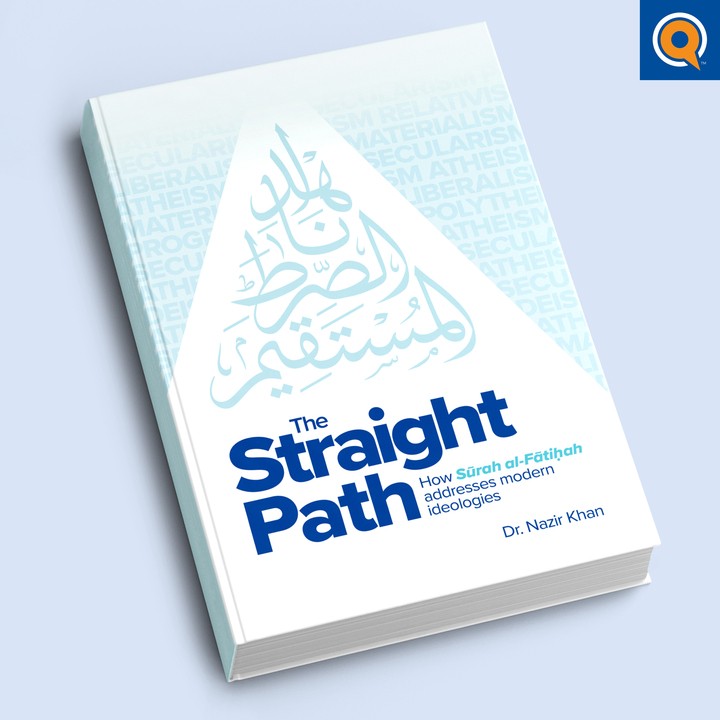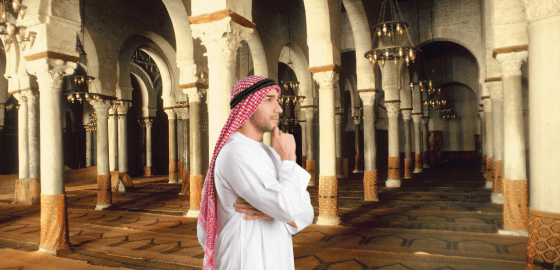The Ottoman era is one of the most overlooked periods of Muslim history. Yet in many ways, it was one of the best empires founded on Islamic principles. The Ottoman Empire, at the peak of its power and glory, established a level of freedom and safety for the average person that was unheard of in the world at the time. The Ottoman Empire was a Shariah empire with its roots and capital in modern-day Turkey. It was founded in the early 1400s, and collapsed in 1924. It is the most recent example of a Shariah-governed empire.
In many ways, the Ottoman system of leadership was a maturation of the monarchy system of the Umayyads and Abbasids. It took the good aspects of past empires, built upon it, and fixed some of its weaknesses. Some of their policies were controversial, yet necessary for maintaining peace and stability. The end result was a peaceful safe land in which people lived in freedom with barely any government interference or oversight.
Life of non-Muslims under Ottoman Rule
Under Ottoman rule, the dhimmi system was formalized into the millet system, which allows for great freedom for non-Muslim minorities. Non-Muslim communities organized themselves into their own towns, villages, and neighbourhoods. Each of these would have their own unique culture and a religious identity. These neighbourhoods would self-govern according to the teachings of their religions. Their primary interaction with the government was the annual payment of the security tax (jizya) in exchange for which the government would provide safety and security.
There were very few restrictions on non-Muslims which including restrictions on preaching their religions to Muslims, and restrictions on crime and public sin. Beyond this, they had a lot of freedom to govern their communities as they wished. The Ottoman leaders would maintain close contact with the religious leaders of all minorities in their lands, mainly to find ways to assist these minorities and ensure peace and justice. Many religions, especially Judaism, strived under the millet system.
Muslim life under Ottoman Rule
Under Ottoman rule, the average Muslim citizen experienced a great level of peace, safety and freedom. The only restrictions being on crimes and public sin. Beyond that, people had the right to live as they pleased, and wherever they wanted to. There was limited bureaucracy and no border restrictions. People could pursue any career they wished, open any business they wished, and benefited from many free public services funded by endowments (awqaf).
The Ottoman system was a meritocracy in which hard work was rewarded. A young man born to a poor village family could become a powerful judge if he studied hard, worked hard, and worked his way up the career ladder. There were many opportunities for growth, and very few restrictions. The shariah allowed for a diversity of cultures, interpretations of law, and languages, leading to the empire being a rich mixture of various cultures all united under the banner of Islam.
Decentralized Leadership
Leadership under Shariah was decentralized, and this was especially true under Ottoman rule. Ottoman kings rarely interfered with the day-to-day lives of people. They were primary concerned with maintaining peace and justice, by protecting the borders and ensuring that the Shariah remained the law of the land. For Shariah to function as the law of the land, the king had to avoid interference. His job was simply to hire the right people to interpret and apply the law and pay them well. He had no right to dictate to them what the law should be.
Dr. Wael Hallaq summarizes the decentralized nature of Shariah leadership well in the following passage:
Pre-modern Muslim rule was limited in that it did not possess the pervasive powers of the modern state. Bureaucracy and state administration were thin, mostly limited to urban sites, and largely confined to matters such as the army of the ruler, his assistants, tax collection and often land tenure. People were not registered at birth, had no citizenship status, and could travel and move to other lands and regions freely – there being no borders, no passports, no nationalities, and no geographic fixity to residential status. A Cairene family, for instance, could migrate to Baghdad without having to apply for immigration, and without having to show documentation at borders, because, as I said, there were neither borders (not fixed at any rate) nor passports in the first place.
And the farther people lived from the center of rule, the less they were affected by the ruler, his armies and his will to impose a certain order or even taxes on them. And the reason for this was simple: in order for the ruler to have complete control over far-away regions, he had to send armies and government officials whose cost of maintenance may not always have been covered by the taxes they levied from the populations under their control. So, if there was no state to regulate society and the problems that arose in it, then how did people manage their affairs? The short answer is: self-rule.
Communities, whether living in city quarters or villages, regulated their own affairs. If the civil populations felt it necessary to have a ruler, it was because of the specific need for protection against external enemies, be they raiding tribes, organized highway robbers or foreign armies who might wreak violence on them and play havoc with their lives. But the civil populations did not need the ruler to regulate their own, internal affairs, since such regulations were afforded by a variety of internal mechanisms developed over centuries by their own local communities. (An Introduction to Islamic Law, pp. 7-8)
Shariah reflects God’s Divine Wisdom
The Shariah is the most misunderstood system of law in the modern world, even by Muslims. Many Muslims have absorbed the stereotypes and lies peddled by orientalists about the Shariah. In our latest online course, we seek to fix this by providing a holistic overview of the Shariah. In these 30 modules, we cover the history, people, goals, case studies, features, and misconceptions about Shariah in a level of detailed rarely found in the English language.
This course is designed to increase the believer’s faith in the Shariah as God’s Perfect Way, while fixing many misconceptions we may have in our minds about what the Shariah is and how it functions. Sign up today for a special discount and begin your journey into the world of the Shariah now. Discount available here: https://islamicselfhelp.gumroad.com/l/islamiclaw/CHP1






